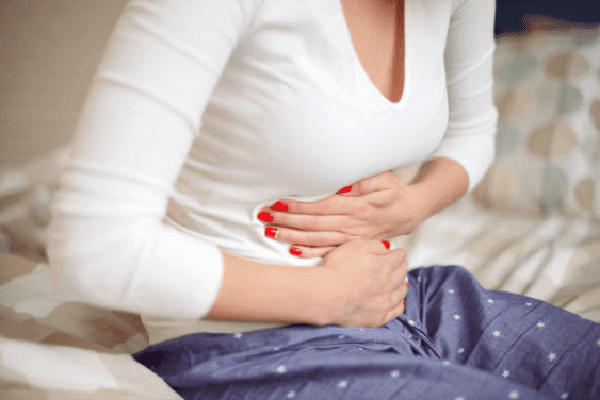Digestive system >>>> Dyspepsia is a digestive disorder
Dyspepsia is a digestive disorder.

Dyspepsia is a functional imbalance in the work of the gastrointestinal tract, in which digestion processes are disrupted. Dyspeptic disorders can proceed for a long time without any pronounced progression. The reasons for the development of dyspepsia lie in disorders of enzymatic activity, irregular meals and uneven intake of food in the intestines, dysbiotic disorders, disturbances of peristalsis due to psycho-emotional stress.
Hardware studies, as a rule, do not show any pathological changes, but such studies are carried out to exclude similar gastrointestinal diseases in terms of symptoms: gastric ulcer or duodenal ulcer, gastroesophageal reflux disease, cholelithiasis, chronic pancreatitis, celiac disease, and stomach cancer. Laboratory tests are carried out to exclude the presence of Helicobacter pylori bacteria in the gastrointestinal tract. Symptoms of dyspepsia can also be confused with symptoms of gastroenteritis, poisoning, and some other diseases.
Typical signs of dyspepsia:
- pain syndromes in the epigastric region,
- a feeling of fullness in the epigastric region,
- feeling of early satiety,
- nausea,
- urge to vomit,
- bloating
- rumbling in the stomach,
- stool disorders and / or irregularities
- and other discomfort that occurs after eating.
Treatment of dyspepsia should be aimed at reducing the intensity of symptoms and at preventing recurrence of the disease.
Changing your lifestyle and nutrition system is one of the main therapeutic measures. This requires refusal to take alcohol-containing drinks; fermenting drinks (beer, kvass, carbonated drinks, sweet juices).
Meals should be organized in such a way as to shorten long meal breaks. The portions should be small so as not to overload the stomach. It is better to eat little, but often. The diet does not involve the intake of canned, fatty, spicy foods, a large amount of carbohydrates (support the fermentation processes). Food should be chewed carefully and swallowed evenly. While eating, do not be distracted by talking, reading books or watching movies.
It is necessary to eliminate the physical and emotional overload that cause spasms of the smooth muscles of the gastrointestinal tract. Avoid prolonged stressful situations. Learn self-control and techniques for relieving nervous tension, which is the root cause of muscle tension and disruption of smooth muscle peristalsis.
Drug therapy is based on taking antacids, carminatives; if necessary, prescribe drugs that improve enzymatic activity, probiotics, B vitamins.
Drug treatment of severe cases requires the use of prokinetics, histamine H2 receptor antagonists, proton pump inhibitors.

Read

Read



























